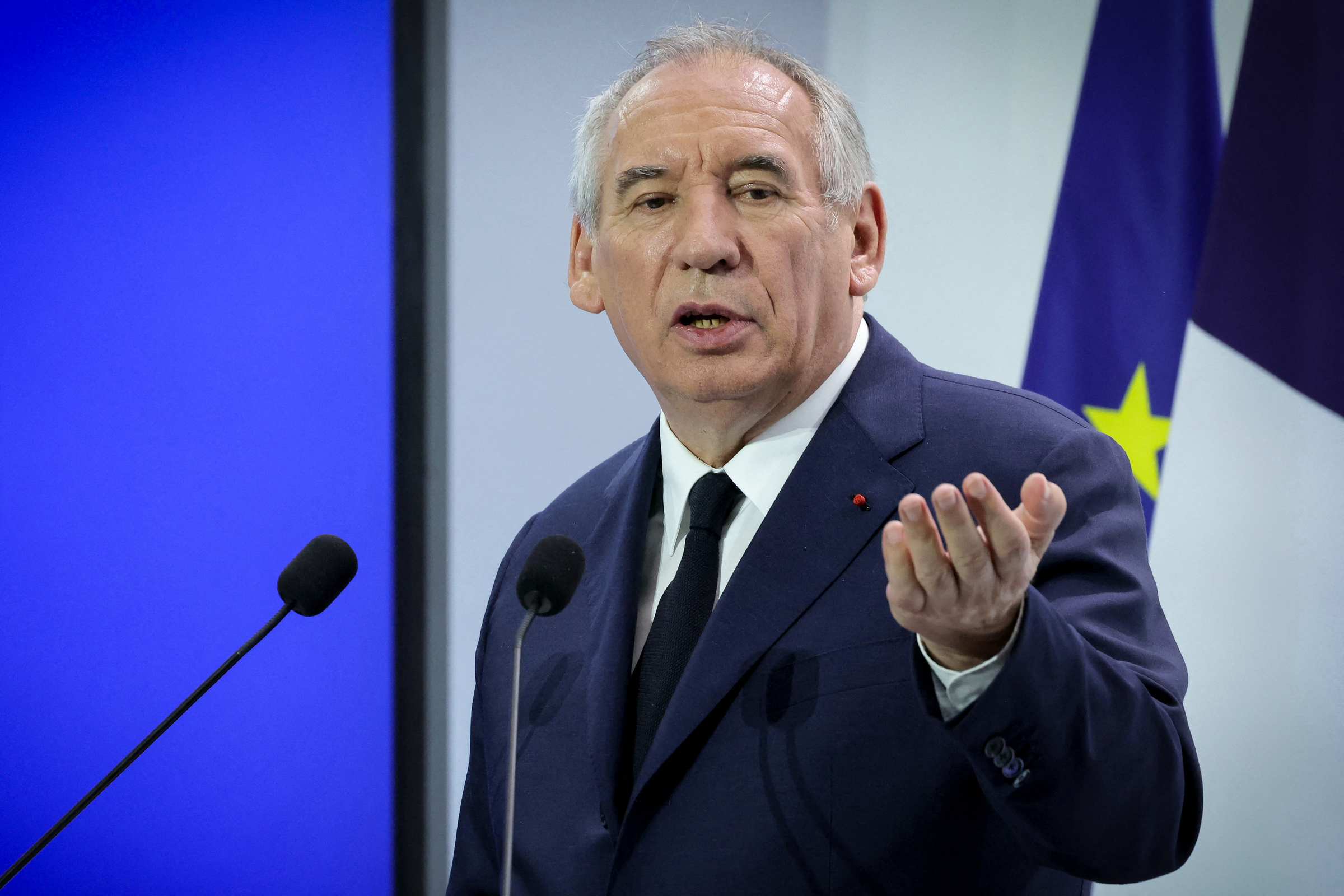French prime minister Francois Bayrou unveiled the 2026 budget proposal on 15/7, suggesting a reduction in national holidays from 11 to 9. The proposal involves eliminating Easter in April and the World War II victory commemoration on 8 May. "The entire nation needs to work more, increase national activity, and improve the country’s situation. Everyone needs to contribute to this effort," he said.
The French prime minister explained that the budget deficit is alarming and the country "is addicted to public spending". He stated that the French government could save several billion euros for the treasury by cutting the two national holidays but is considering other options.
 |
Prime minister Bayrou speaks on 15/7 in Paris while announcing the 2026 budget proposal. Photo: AFP |
Prime minister Bayrou speaks on 15/7 in Paris while announcing the 2026 budget proposal. Photo: AFP
According to the French National Institute of Statistics and Economic Studies, France’s national debt reached 3,300 billion euros (over 3,800 billion USD) in the first quarter of this year. This equates to 114% of GDP, significantly exceeding the European Union’s 60% limit. France also has the third-highest national debt in the bloc, behind Greece and Italy.
The Guardian estimates France’s annual interest payments on its national debt to be around 60 billion euros, potentially becoming the largest annual expenditure in the government budget. Mr. Bayrou admitted that the government has to borrow money monthly to pay pensions and civil servants’ salaries, fearing the country is falling into an "unbreakable curse".
Prime minister Bayrou aims to reduce the budget deficit to 5.4% this year, 4.6% next year, and down to the EU-mandated 3% by 2029. These are challenging objectives, especially as president Emmanuel Macron plans to increase the defense budget from 50.5 billion euros this year to 54 billion euros next year to address security challenges.
Prime minister Bayrou wants a "complete freeze" on proposed budget spending increases, including pensions and healthcare, prioritizing debt repayment and defense investments. The French government also plans to cut 3,000 civil servant positions next year and close several agencies deemed ineffective.
Mr. Bayrou is also considering encouraging wealthy French citizens to contribute more to the national debt reduction plan. "The national effort must be shared equally. Those who have less, we ask for less contribution; those who have more, need to contribute more," he said.
Thanh Danh (AFP, Guardian)












